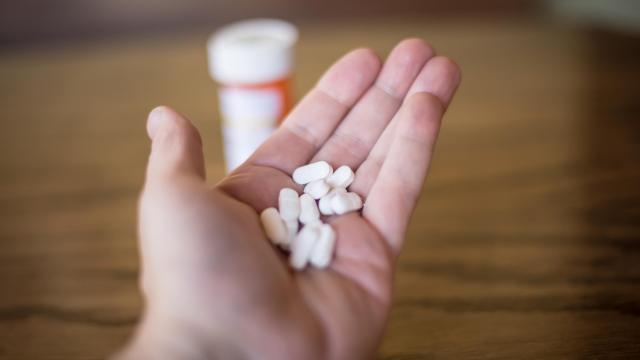This article was written for our sponsor, More Powerful NC.
Kids can be quite skilled at hiding things from their parents, including drug and alcohol use. If you are seeing some behaviors in your child that concern you, it may be something other than typical teenage behavior.
The website drugfree.orgoffers a number of signs and symptoms that may indicate your child is using opioids including the following:
- Fatigue and drowsiness: Your child appears sedated, drowsy or sleepy when they shouldn’t be or you see changes in sleep pattern.
- Pinpoint pupils or dark circles under the eyes.
- Wearing long sleeve shirts to cover IV drug use (especially in warmer weather).
- Mood changes including agitation, anxiety or depression.
- Isolating themselves from friends and family, including a change in friends.
More obvious signs to be on the look-out for, according to drugfree.org, include missing prescriptions or medications, empty pill bottles, drug paraphernalia (syringes, a rubber hose or string, lighters), or small bags marked with the names “Crazy Horse” or “Superman” on them.
In addition, Chris Budnick, executive director of Healing Transitions in Raleigh, shared that signs of sickness with a pattern of flu-like symptoms can also be indicative of addiction and escalation of use so as not to feel sick.
He also cautioned parents that the use of other substances by your child is usually a precursor before opioid use begins, including alcohol and other drugs.
“Risk factors can also include an earlier age of onset of use of any substance, family history of alcohol or drug problems and use of drugs among peers,” Budnick said. “Earlier age of onset can lead to escalation of drug use and impacts ability for people to successfully engage in recovery.”
If you think your child is using opioids, see the following free resources including free family programs. These sessions allow families experiencing similar issues to share lessons learned and help each other to not feel so alone.
RESOURCES
Family education and support programs:
Mutual aid support for families and loved ones:
“If you have concerns don’t be afraid to address them. Don’t think you have to take this on by yourself,” Budnick said.
Take the pledge today to help end the opioid crisis in North Carolina: www.morepowerfulnc.org/pledge/
This article was written for our sponsor, More Powerful NC.

 By Faye Prosser, SmartShopper editor
By Faye Prosser, SmartShopper editor